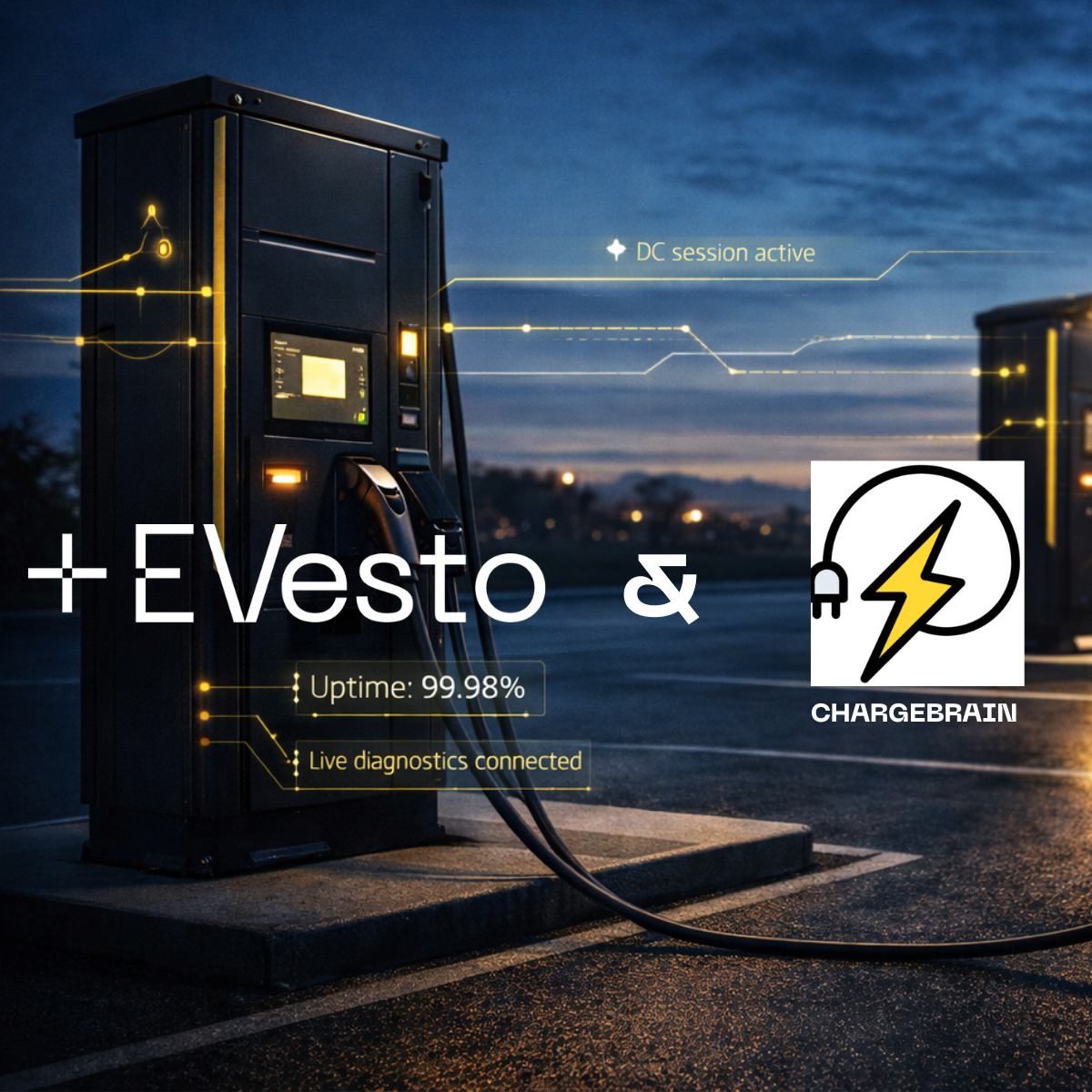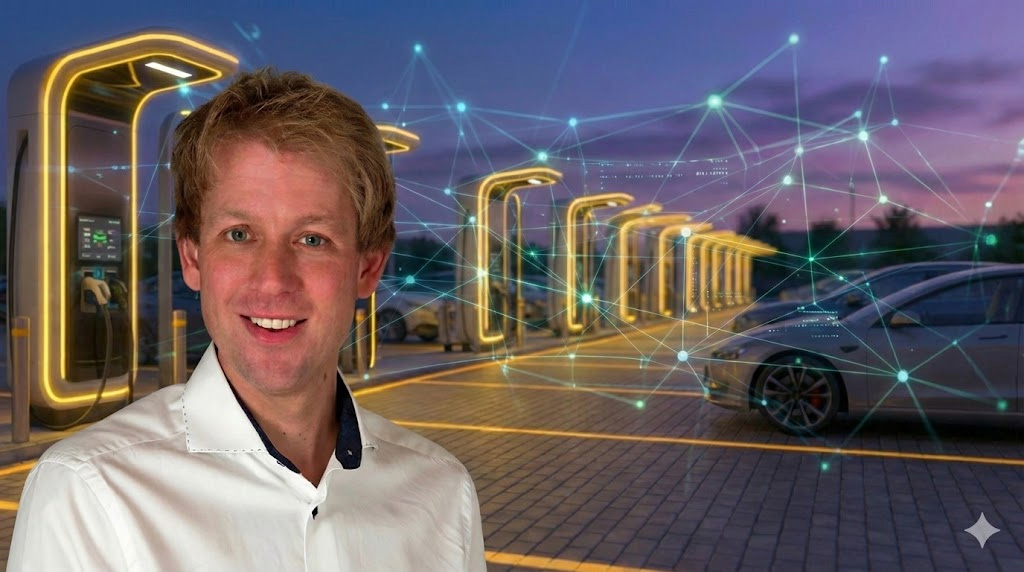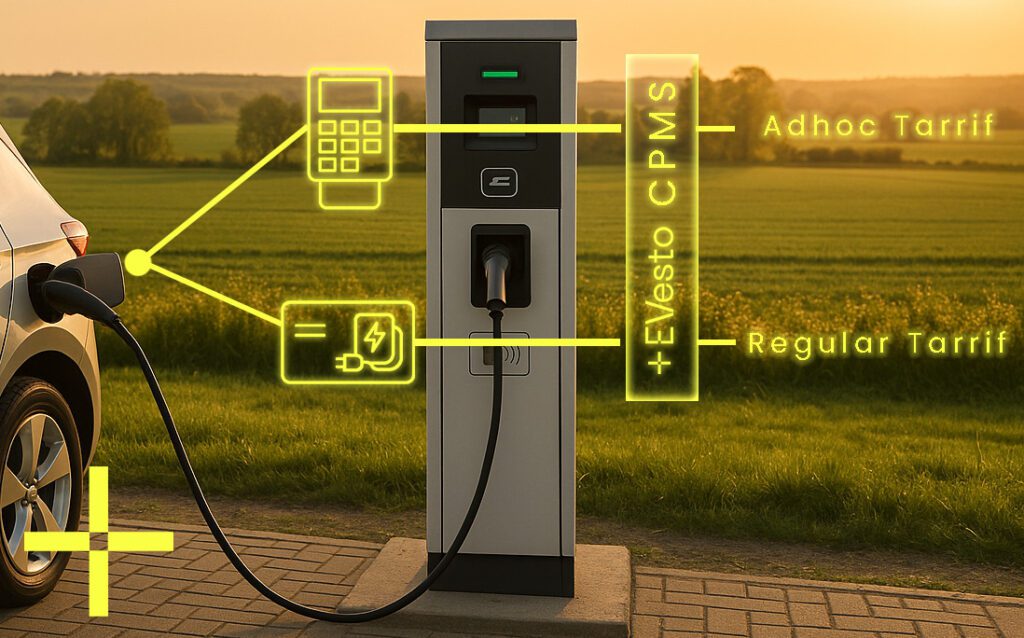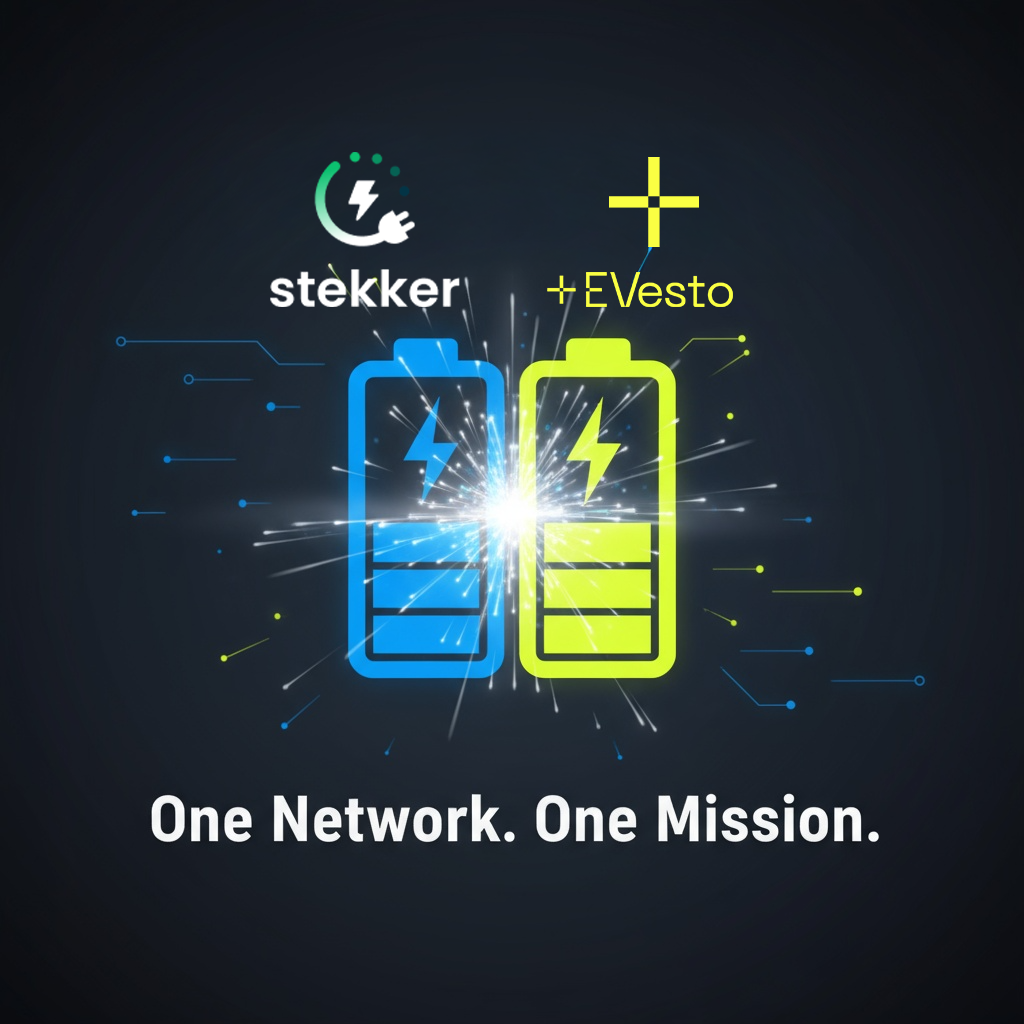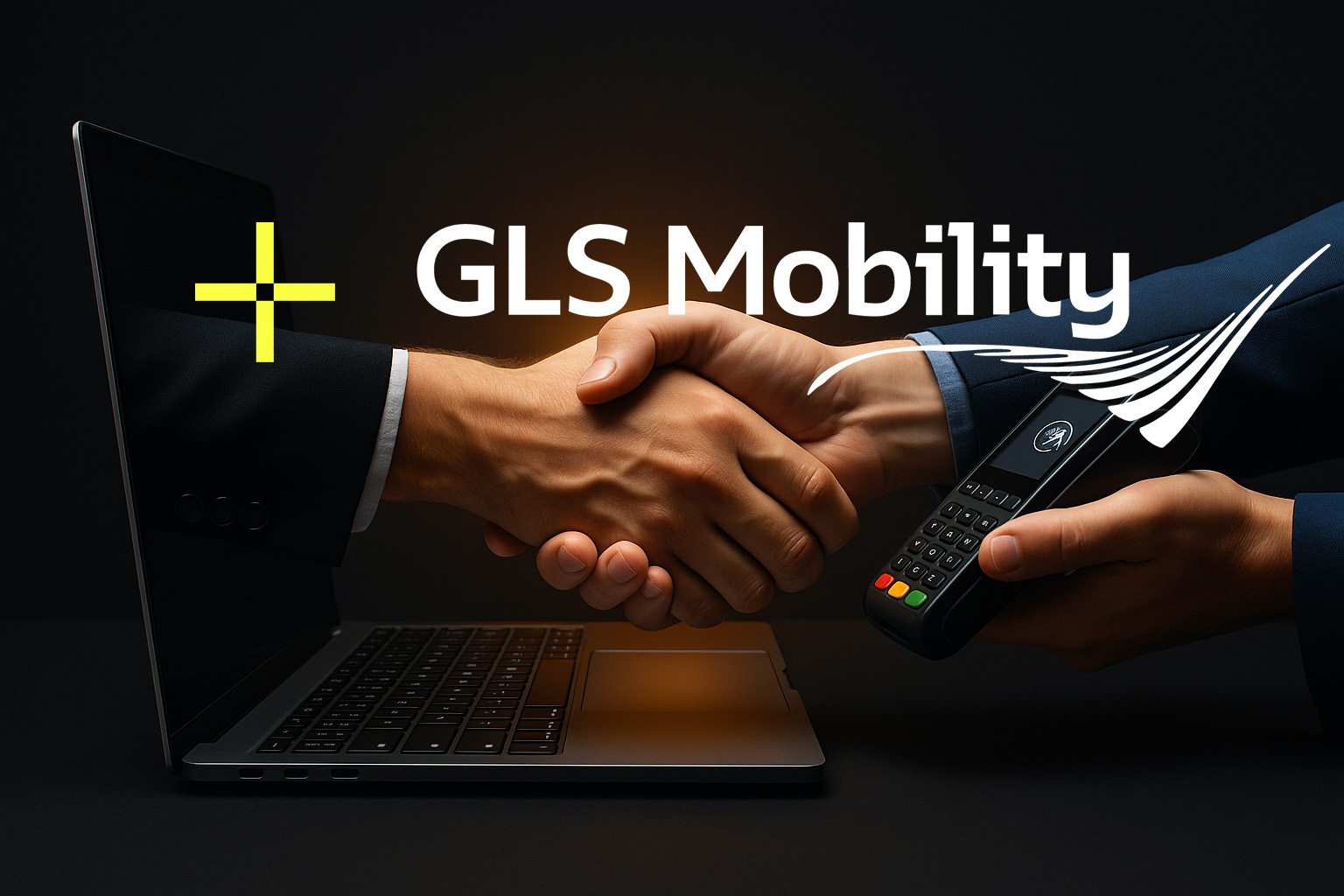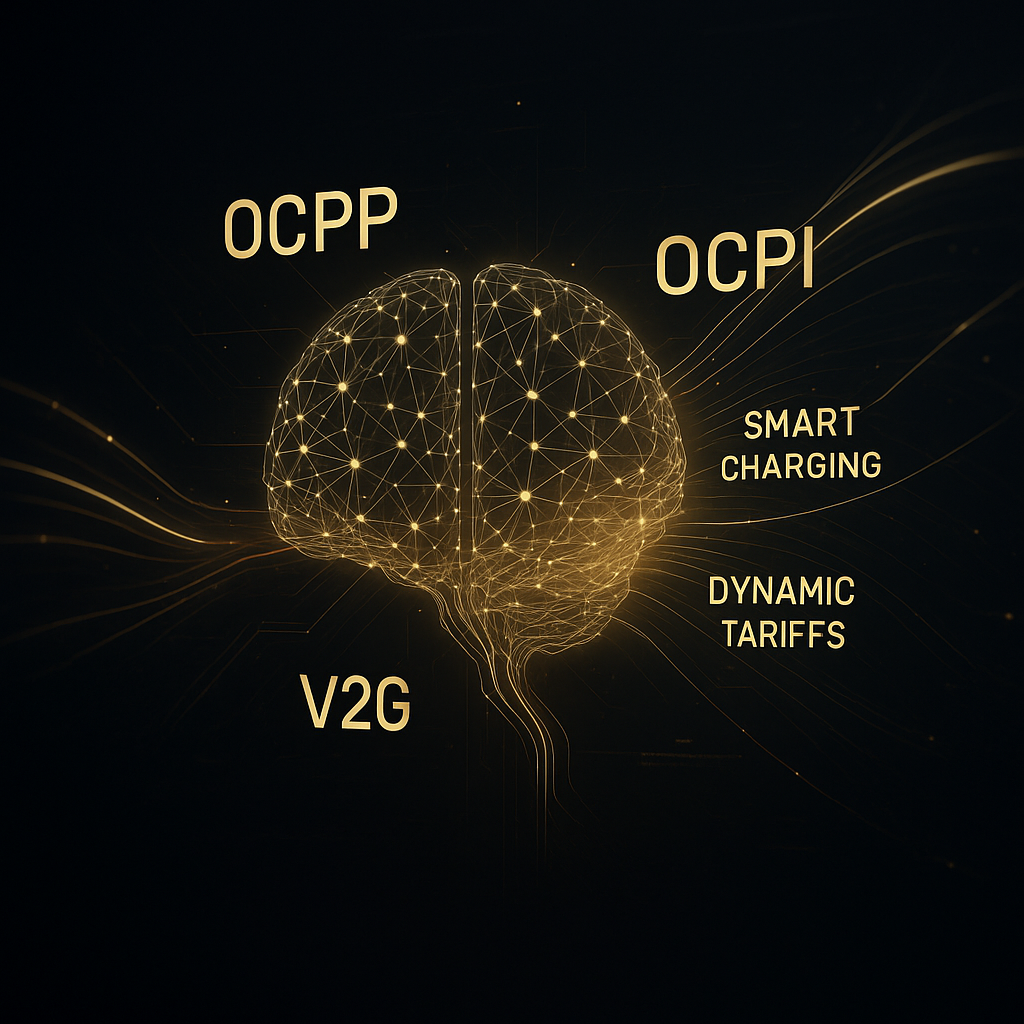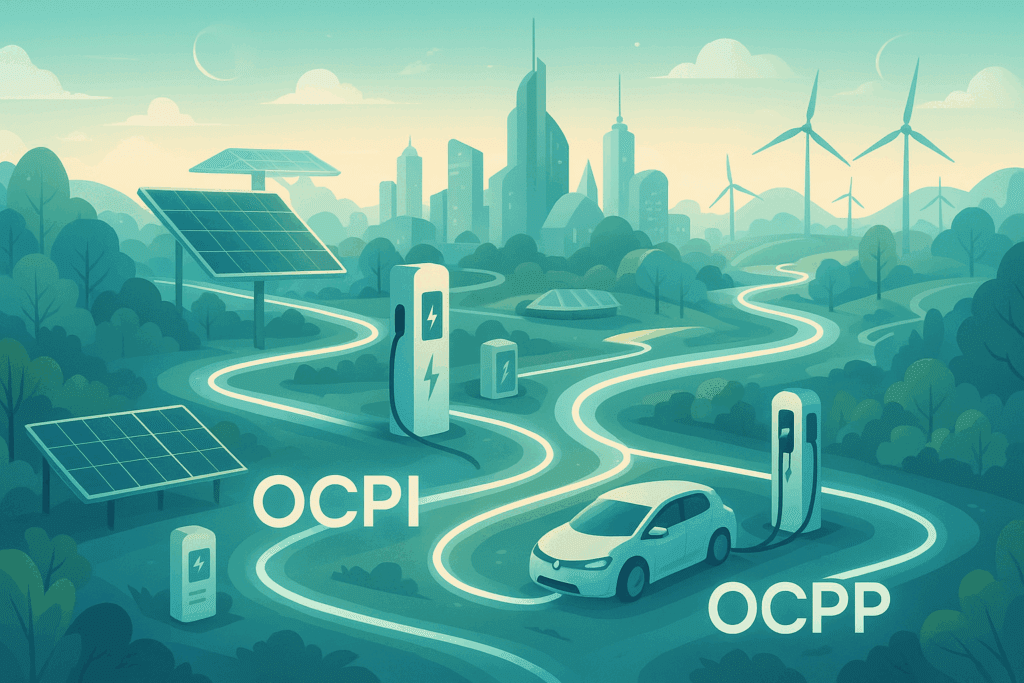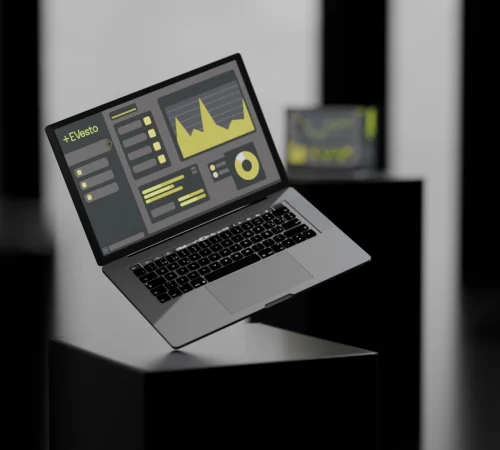Why AI in EV charging only works when companies work together
The EV charging industry is entering a decisive new phase.
After years of rapid rollout, pilots and expansion, the focus is shifting toward reliability, operational excellence and scalable growth.
For Charge Point Operators (CPOs), success is no longer defined by the number of charging points deployed, but by how predictable, efficient and resilient their operations have become.
One conclusion is becoming increasingly clear across the industry:
no single company can solve this challenge alone.
That is why EVesto and Evailable are working together. Not to add another tool to the stack, but to show how AI-driven operations and strong platform foundations must come together to make EV charging truly future-proof.

The EV market is growing up
EV charging has moved beyond its introduction and consolidation phases. The market is now firmly in its growth phase:
- Networks are expanding internationally
- Service Level Agreements are becoming stricter
- Uptime and availability are business-critical, not optional
From a driver’s perspective, charging should be simple: plug in and charge, every time. From an operator’s perspective, however, reality is far more complex. Larger networks mean more data, more dependencies, more incidents and higher operational pressure.
In this phase, one principle stands out:
Charging has to become boring.
Not boring in innovation, but boring in reliability.
Uptime is not availability
Many CPOs still manage their networks based on uptime metrics. But a charger being “online” does not guarantee a successful charging session.
Common issues include:
- Chargers that appear available but fail during sessions
- Hardware delivering reduced power without triggering errors
- Problems that only become visible once customers complain
Industry data shows that a significant share of charging sessions still fail, even when infrastructure appears operational. In many cases, customers notice problems before operators do.
The underlying issue is structural:
most CPMS platforms are designed for administration and configuration, not for deep operational diagnostics, prediction and prioritisation.
AI as an operations layer, not a feature
This is where AI plays a crucial role, but only if applied correctly.
AI should not be treated as a dashboard add-on or innovation showcase. Its real value lies in acting as an operations layer, continuously analysing behaviour across the network and supporting daily decision-making.
Evailable was built precisely with this goal in mind. Its AI capabilities:
- predict failures before they cause downtime
- look beyond error codes by learning normal behaviour per charger
- identify patterns across hardware types, locations and usage
- automate recovery actions where possible
The result is fewer incidents, lower operational effort and, most importantly, more successful charging sessions.
But AI alone is not enough.
Why collaboration is essential
AI only delivers real value when:
- data quality is high and consistent
- operational processes are clearly structured
- integrations reduce complexity instead of adding to it
This is where EVesto comes in.
EVesto provides CPOs with a robust operational and commercial foundation:
- CPMS functionality
- contract and tariff management
- settlement, reporting and scalable processes
Within this foundation, Evailable acts as an intelligent extension:
an AI-driven layer focused on real availability, not just system status — without requiring CPOs to replace their existing CPMS.
Through EVesto-enabled API integration:
- OCPP data is securely shared
- consent and governance are ensured
- AI insights become actionable within daily operations
The result is not a collection of disconnected tools, but one coherent operational ecosystem in which platforms and AI reinforce each other.
What this means for CPOs
The combined EVesto × Evailable approach enables CPOs to:
- Increase availability structurally
By acting on predictive insights instead of reacting to incidents. - Reduce operational costs
Fewer manual investigations, fewer truck rolls, fewer escalations. - Scale without scaling headcount
AI automates analysis and recovery, while EVesto provides operational clarity. - Make better decisions based on real performance
Not just charger status, but actual charging success and customer experience. - Prepare for stricter SLAs and regulation
Reliability becomes measurable, explainable and controllable.
Building a mature EV charging ecosystem together
The future of EV charging does not lie in isolated innovations or standalone tools. It lies in ecosystems, where specialised partners collaborate and each focuses on what they do best.
EVesto and Evailable share this vision. By combining CPMS expertise with AI-driven operational intelligence, we help CPOs not just to grow, but to grow sustainably and confidently.
Because in the end, EV charging does not need to be exciting.
It needs to be reliable, predictable and always available.

